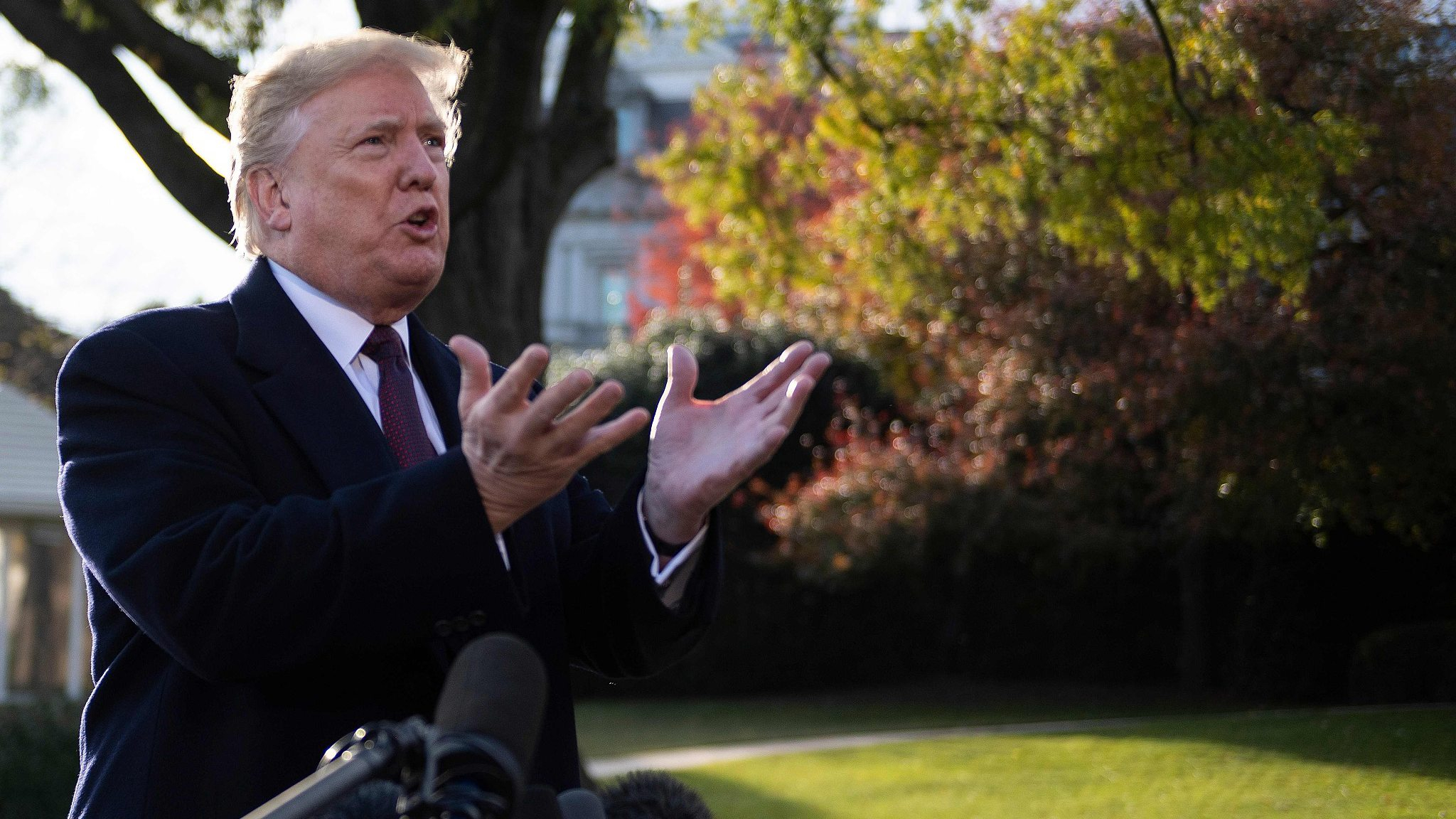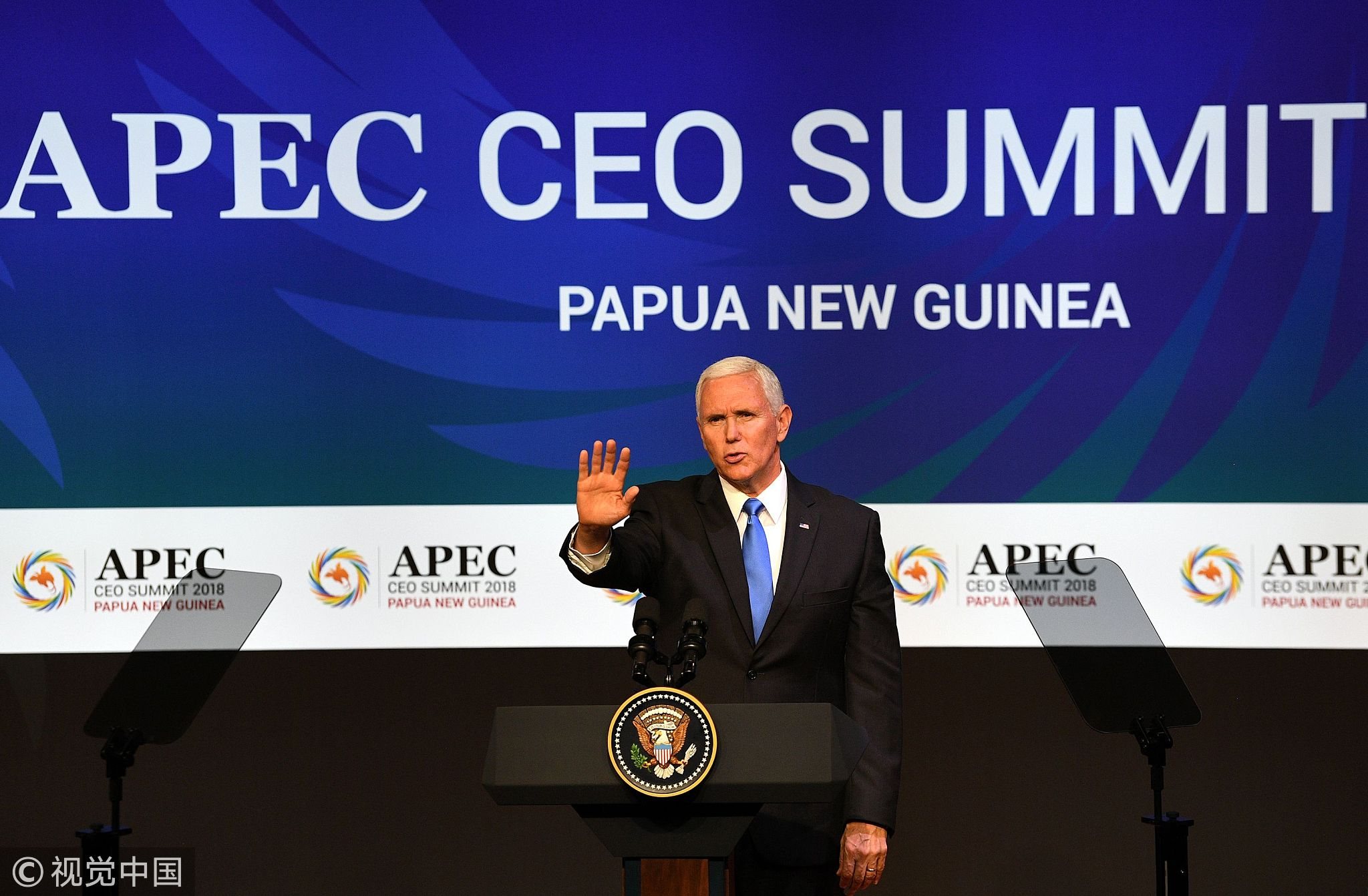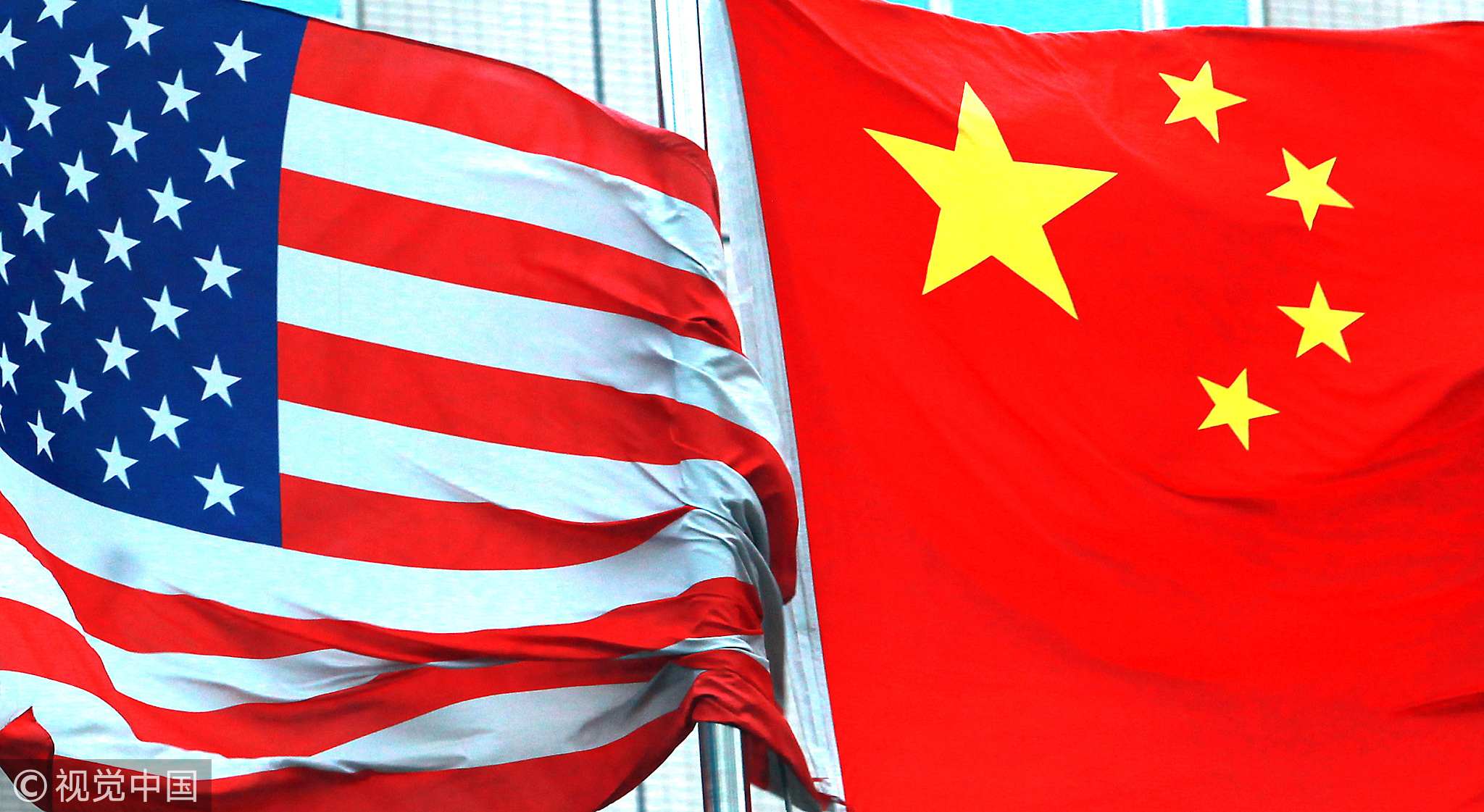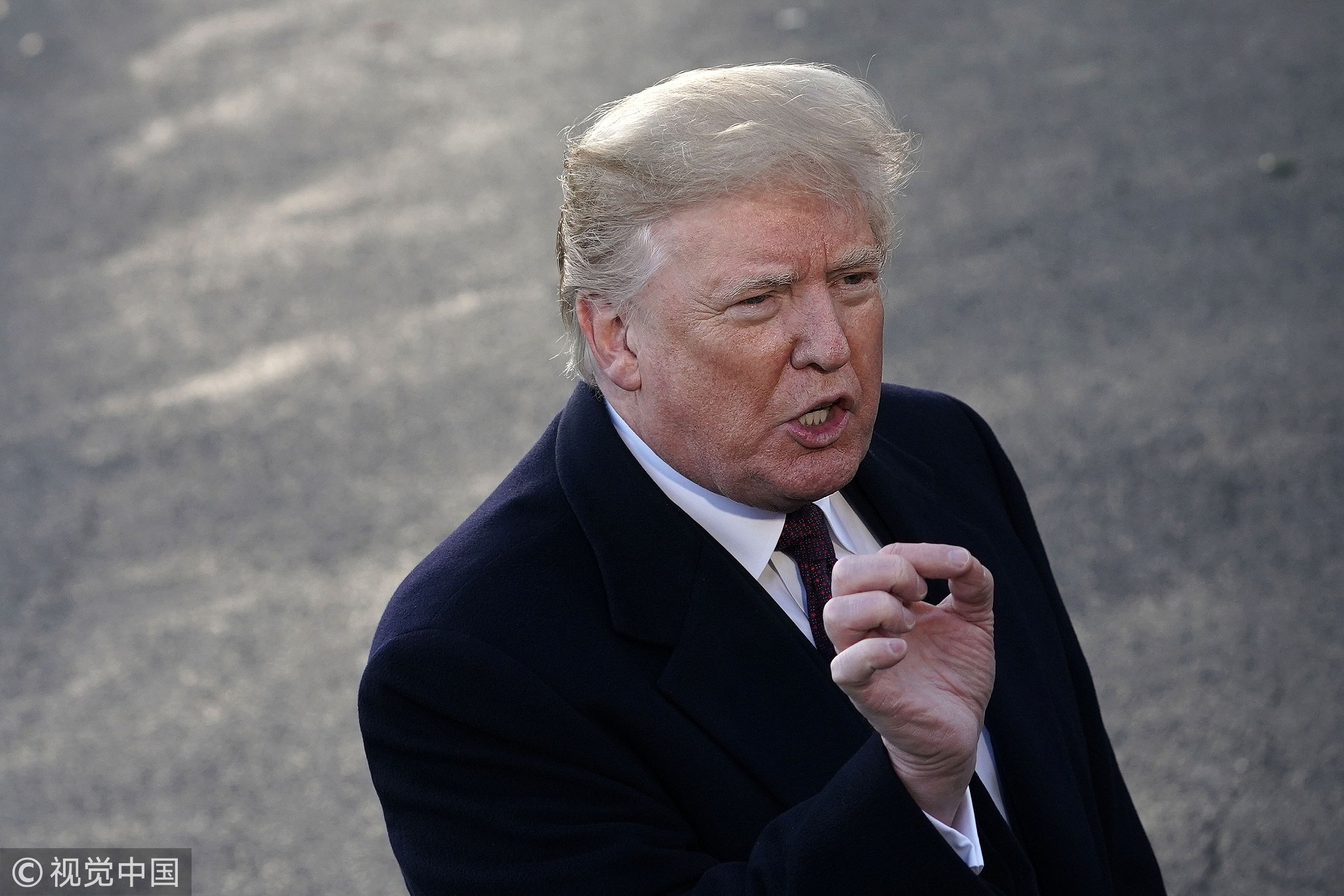
Opinions
17:52, 21-Nov-2018
Opinion: Trump must abandon zero-sum mentality in G20 talks with Xi
Updated
16:56, 24-Nov-2018
CGTN's Liu Jianxi

Editor's Note: Liu Jianxi is an opinion editor with CGTN Digital. The article reflects the author's opinions, and not necessarily the views of CGTN.
Days after the sour weekend in Papua New Guinea where the world's largest two economies traded barbs at the APEC gathering, the international community is shifting its attention to the upcoming G20 summit in Argentina.
It is the only immediate opportunity for a direct encounter between Chinese President Xi Jinping and his U.S. counterpart Donald Trump before Washington's new tariffs on Beijing take effect on January 1.
Despite widespread anticipations for a thaw in Sino-U.S. relations, pessimistic voices are frequently heard. The Sino-U.S. rift was on full display when APEC meetings wrapped up without an agreement on a joint statement, the first time in the bloc's 29-year history.
While China has been working relentlessly to alleviate tensions, the White House has been acting capriciously toward China's sincerity in talks. Within a month after Trump tweeted about his "long and good [phone] conversation" with Xi, U.S. Vice President Mike Pence threw down the gauntlet to Beijing in his APEC speech.

US Vice President Mike Pence delivers his keynote speech at the APEC CEO Summit in Port Moresby, November 17, 2018. /VCG Photo
US Vice President Mike Pence delivers his keynote speech at the APEC CEO Summit in Port Moresby, November 17, 2018. /VCG Photo
Political will is of utmost importance in addressing frictions. But American politicians seem to have sophisticated the trade battle. They view the Sino-U.S. economic spats as a geopolitical dispute between an established power and a rising power.
Strategic anxiety is one of the reasons for Washington's reluctance to make concessions on the trade war that has already simmered for almost one year.
"Even if the G20 summit sees Mr. Trump agreeing to defer his plans to increase tariffs on China, a trade truce may not last for long given this backdrop of growing superpower rivalry," Gideon Rachman said in his Financial Times column, adding that U.S. trade frictions with China are much harder to settle than those with Mexico and Canada, as neither of the latter two is "strategic rivals" to Washington.
American hawks are still using zero-sum mentality in analyzing Sino-U.S. relationship. The Thucydides trap – when a rising power threatens to displace an established power, war is always the result – is prevailing among some American politicians and scholars. These so-called elites have been on high vigilance over China's rise.

Both American and Chinese national flags fly next to each other outside an international hotel in Beijing, July 7, 2013. /VCG Photo
Both American and Chinese national flags fly next to each other outside an international hotel in Beijing, July 7, 2013. /VCG Photo
Beijing has reiterated that it has no intention to challenge Washington's status. "No matter how much progress China has made in development, China will not threaten anyone else, attempt to overturn the existing international system, or seek spheres of influence," President Xi emphasized in his keynote address at this year's Bo'ao Forum for Asia.
Admittedly, China and the U.S. have conflicts of interests on a number of issues. But these clashes are inevitable in the era of globalization and have nothing to be hyped about. The Thucydides trap doesn't exist between China and the U.S. After all, cooperation is the theme of this century.
American politicians must beware that it is the zero-sum mentality, rather than China's rise, that has posed a challenge to U.S. development. The trade war, an attempt by Trump to reduce trade deficits with China, has turned out to be a hit to American enterprises and consumers.

President Donald Trump speaks to members of the media prior to his departure from the White House in Washington, DC, November 20, 2018. /VCG Photo
President Donald Trump speaks to members of the media prior to his departure from the White House in Washington, DC, November 20, 2018. /VCG Photo
With higher costs for imported goods, American companies were forced to either pass along the price increase to consumers or scale down their operations. A number of quintessential brands, for instance, Harley-Davidson, BMW and Whirlpool, have all launched complaints about the trade battle.
The upcoming G20 meeting is an opportunity for the world's largest two economies to remedy their economic ties. China's sincerity and determination in opening up its economy is known to the world with the just-concluded China International Import Expo as strong evidence.
It is time for Washington to wake up from Thucydides trap illusion, abandon zero-sum mentality and show its sincerity to Beijing in the highly-anticipated Xi-Trump meeting.
(If you want to contribute and have specific expertise, please contact us at opinions@cgtn.com)

SITEMAP
Copyright © 2018 CGTN. Beijing ICP prepared NO.16065310-3
Copyright © 2018 CGTN. Beijing ICP prepared NO.16065310-3